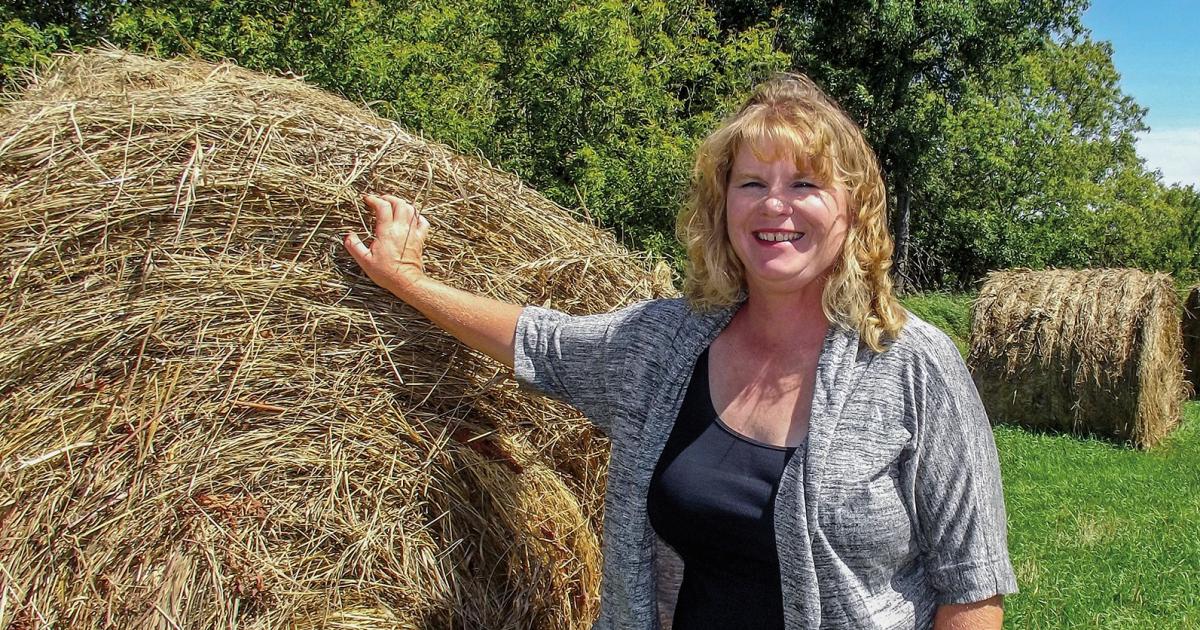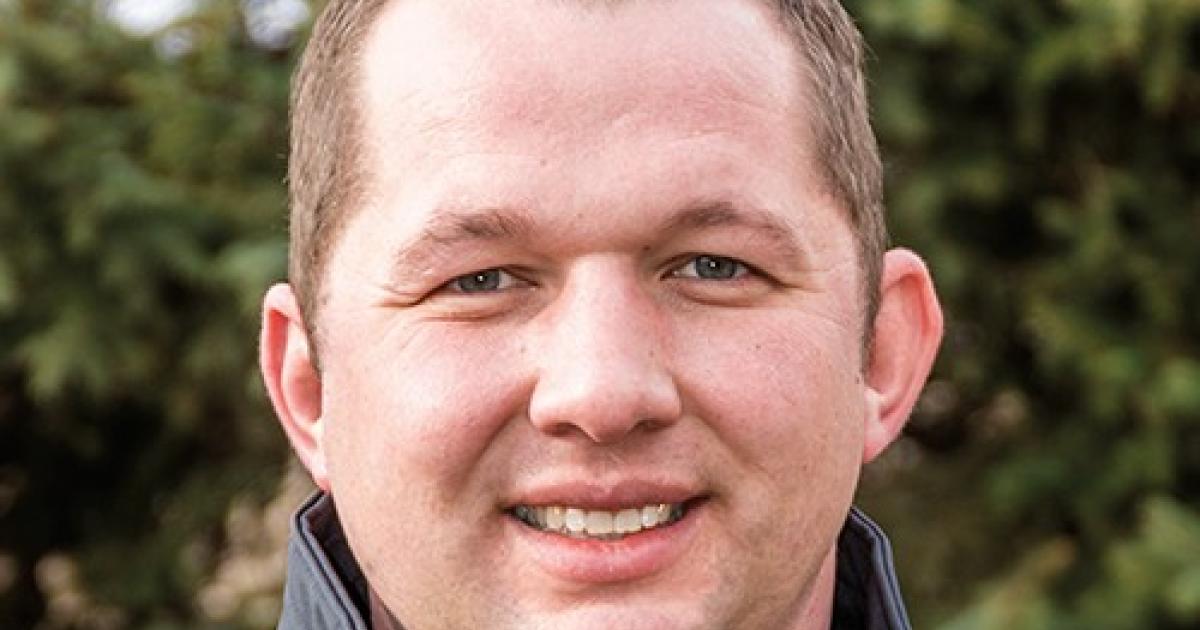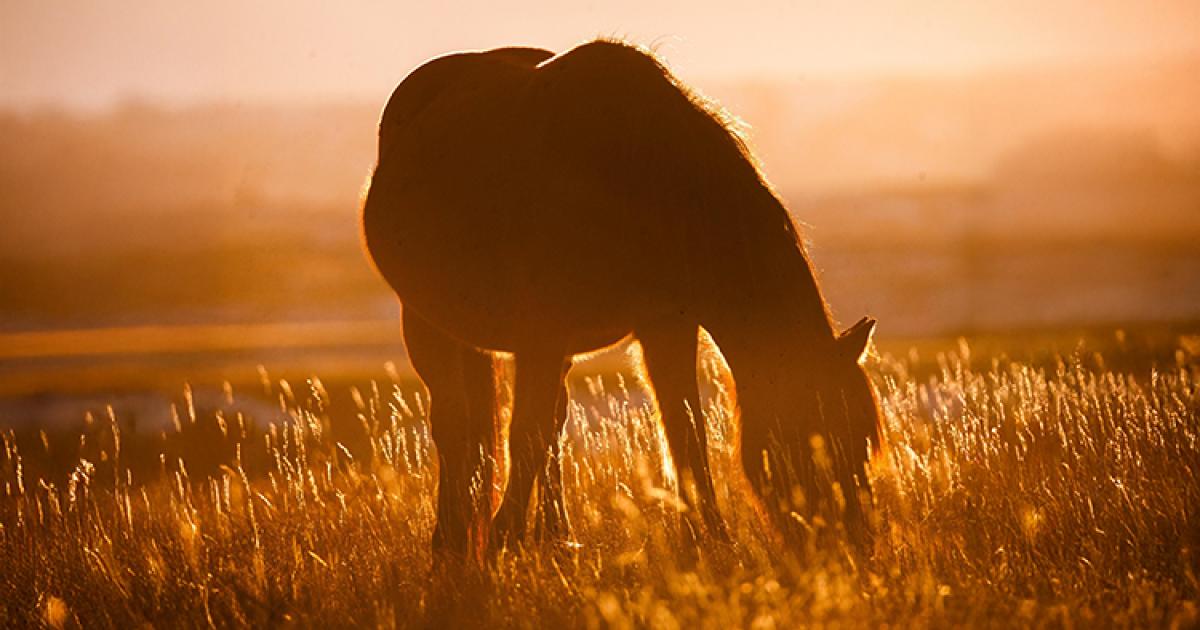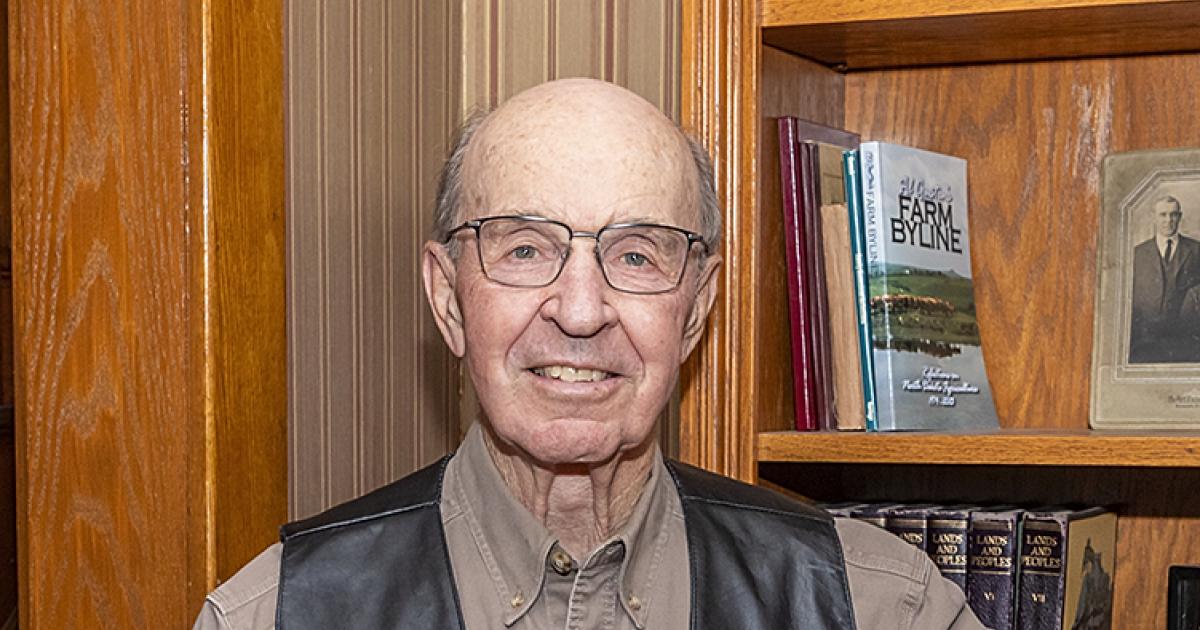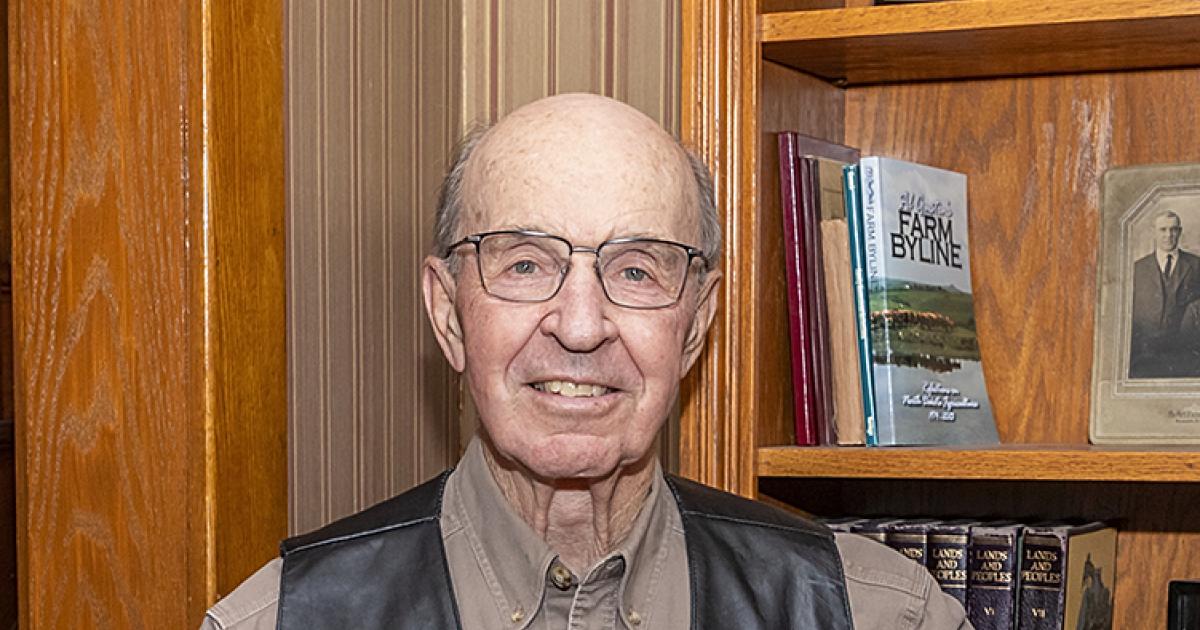On a flight from Texas to North Dakota recently, I looked out the airplane window and remembered an observation I had made many years ago. People who develop farm policy should do less flying and more driving. When you’re 33,000 feet from the ground, I reasoned, it’s easy to think about agriculture as a large, diversified industry. You focus on policies to support the overall health of that industry, national farm income and keeping agriculture globally competitive.
But if you’re on the ground driving, you are reminded production agriculture is the combined effort of millions of hardworking families, the communities they support and which support them.
Many years ago, I interviewed Tom Fricke, a North Dakota native who was an agricultural specialist at the University of Michigan. He said what’s best for American agriculture is not necessarily what’s best for the family farm. Fricke cited strengths of character that emerge from family farm agriculture. He said policymakers need to look at the family farm as a “cultural and human issue,” not an economic one.
I asked the president of a major farm organization, who has lobbied in Washington, D.C., numerous times, if preservation of the family farm has been one of the underlying purposes of federal farm legislation through many decades. He said he thinks it has been.
Much has changed in American agriculture since that interview with Fricke. While the vast majority of farms and ranches in this country are still family-owned, they don’t look much like those of our grandparents. The farm bill debated in Congress for many months won’t be much like those of the 1950s, either. It will deal with food security and food safety, with conservation and rural development. Some would suggest why the debate has dragged on so long is a reflection of how agriculture has fallen low on Washington’s priority list.
Even those who see agricultural policy as being important may not share Fricke’s view of the family farm as a “cultural and human issue.” We have to wonder if policymakers looking down from 33,000 feet today think of family farms, or if they even think of agriculture at all.
___
Al Gustin is a retired farm broadcaster, active rancher and a member of Mor-Gran-Sou Electric Cooperative.



